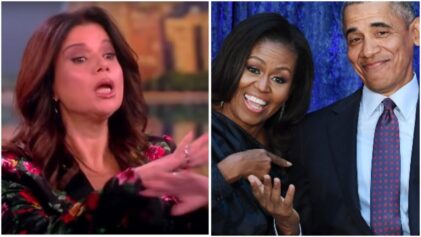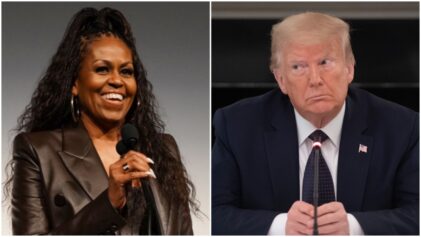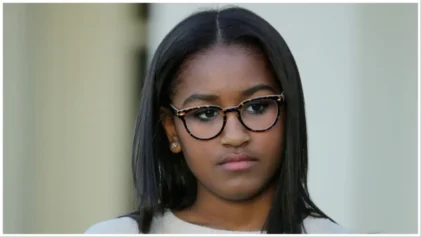Just as the Obama administration recently announced that ten states would share in $4.35 billion in grant money in the president’s Race to the Top education initiative, cash-deprived states across the nation are in the process of decimating school systems to save a buck—and thus endangering the very means by which America can stay competitive with the rest of the world.
It is truly a case of a nation heading in two different directions at the same time.
The ten winning states in Race to the Top get funds to implement groundbreaking education reform—impacting approximately 13.6 million students and 980,000 teachers in 25,000 schools—while 37 out of 44 reporting states plan to spend less on education in 2012 than they did in 2008.
What this means for our children is that class sizes are being increased, services are being reduced, and teachers and administrators are being laid off. In one central Texas school district, teachers are even being asked to clean toilets and sweep bathroom floors because the district can’t afford to keep the janitorial staff working on a daily basis.
In answer to these shifting realities, parents and educators are taking matters into their own hands more and more often. Magnet, charter and alternative schools are popping up all over. Private schools are a top choice for those who can afford them, or are motivated enough to seek out the scholarships that are available.
I’m definitely one of those motivated parents. Though my son is only two and a half, I’ve already started researching all the best elementary schools in our area. But when I go to educational forums or attend parenting lectures or tour campuses, one of the things that I’m most struck by is the lack of other black people. I’ve never been to one of these events where I could count the number of black people present on more than one hand.
This has led me to ask the question—where are we? Are we not aggressively and painstakingly seeking out these kinds of opportunities for our children the way parents in other communities are? If not, why not?
Like most other people, African Americans have been hit hard by the economic climate. It would stand to reason that people are so busy and distracted and overwhelmed with staying alive these days that they don’t have the opportunity to focus on their kids’ educations like they could. But even if that is part of the issue, what will it mean down the line for the black community and the nation as a whole, particularly considering that black and Latino children are now the majority?
The president and others talk all the time about the need for America to stay competitive. But providing our children with the best education possible is a critical linchpin in that agenda. Without it, it will be virtually impossible for our nation to maintain its edge, not to mention the standard of living for individual families.
To be sure, there are places where African-American parents and teachers have responded to the education crisis by banding together to create award-winning charter schools and magnet programs. We must support the best of these programs, whether or not we have school-aged children. Because when we support our community schools, we’re supporting ourselves in a very fundamental way. But we must also be aware—and vigilant—about exploring all available options regarding our children’s education.
When children are taught well, they are encouraged to think for themselves, to be confident problem solvers. They are groomed to be cultural creatives and leaders. As parents, we get to take part in that process. We have the opportunity to be champions for our children, making sure that their needs are at the forefront of the policy debates, and that they are partaking in the best that life has to offer.
Kuwana Haulsey is an award-winning novelist and author of the upcoming memoir, “Everything I Ever Needed to Know, I Learned from a Six-Month-Old.”


